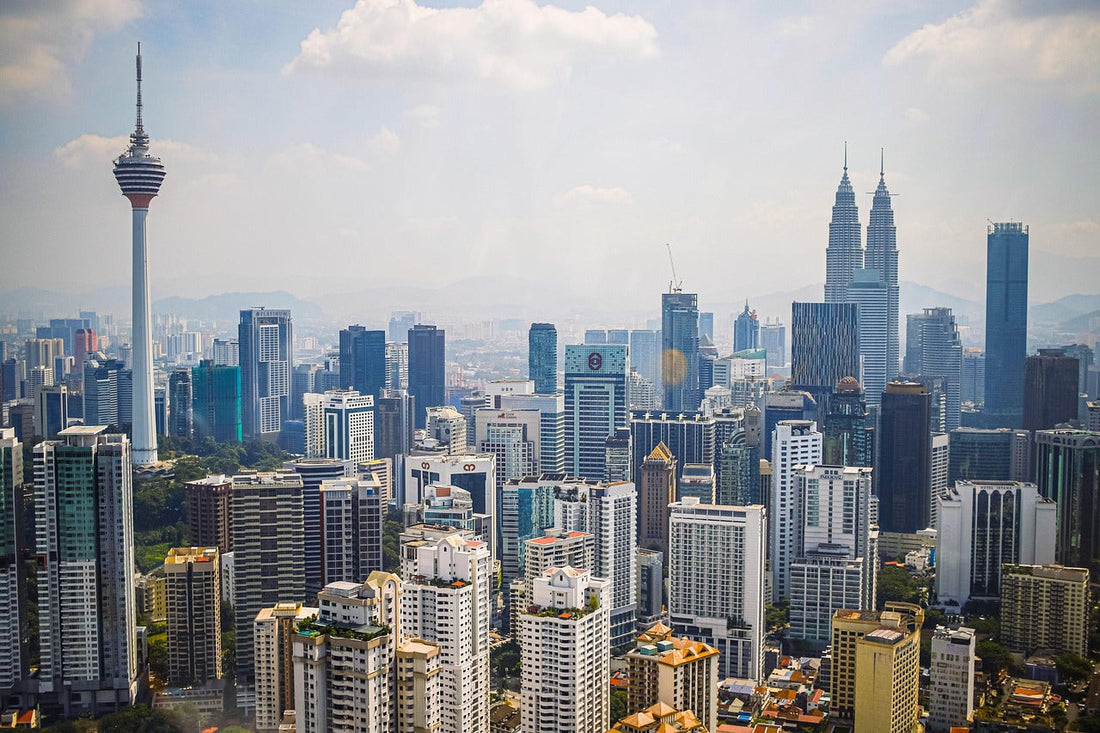
Who are the ASEAN states and what do they stand for politically?
Share
When we talk about Asia, the term ASEAN often comes up. But what exactly is behind it? Who belongs to it – and what does this community of nations actually want to achieve?
What is ASEAN?
ASEAN stands for the Association of Southeast Asian Nations . It was founded on August 8, 1967, in Bangkok – in the midst of the Cold War – as a counterweight to geopolitical tensions and to promote regional stability.
Who are the ASEAN countries?
Today, ASEAN has 10 member states :
| country | Capital city |
|---|---|
| 🇮🇩 Indonesia | Jakarta |
| 🇲🇾 Malaysia | Kuala Lumpur |
| 🇵🇭 Philippines | Manila |
| 🇸🇬 Singapore | Singapore |
| 🇹🇭 Thailand | Bangkok |
| 🇧🇳 Brunei | Bandar Seri Begawan |
| 🇻🇳 Vietnam | Hanoi |
| 🇱🇦 Laos | Vientiane |
| 🇲🇲 Myanmar | Naypyidaw |
| 🇰🇭 Cambodia | Phnom Penh |
Note: East Timor (Timor-Leste) has applied for membership and is currently an observer state with the aim of becoming a full member soon.
What does ASEAN stand for politically?
ASEAN is neither a military alliance like NATO nor a fully integrated union like the EU. But it has clear political goals:
1. Peace and stability
The states commit themselves to non-interference in internal affairs and to peaceful conflict resolution – a cornerstone of the so-called “ASEAN Way” diplomacy.
2. Regional cooperation
Whether in security, economy, education or the environment – ASEAN relies on multilateral cooperation without coercion.
3. Economic integration
The ASEAN Economic Community (AEC) aims to reduce trade barriers and create a common internal market. Free trade agreements already exist in many areas (e.g., with China, Japan, Korea, and Australia).
4. Counterweight to great powers
ASEAN seeks to remain neutral in the geopolitical balance between the US, China, India and Russia – while simultaneously acting as a mediator or bloc.
5. Crisis management
Joint action in the event of natural disasters, pandemics or political crises – but often with restraint in order to preserve national sovereignty.
Criticism & Challenges
Despite many common intentions, ASEAN is not free from tensions :
-
Different forms of government (democracies vs. military regimes)
-
Human rights violations (e.g. in Myanmar)
-
Disagreement on how to deal with China (South China Sea)
-
Slow decision-making processes (consensus principle)
Nevertheless, ASEAN remains an important voice for the “global South” – pragmatic, stability-oriented and increasingly economically important.
Conclusion: A block with potential
ASEAN is not a power bloc in the traditional sense – but a wise alliance . It demonstrates how countries with very different backgrounds can join forces politically to promote peace, economic development, and cooperation – while remaining largely independent of the major powers.
In a world of geopolitical upheaval, ASEAN is a quiet but steady player – with growing influence.
